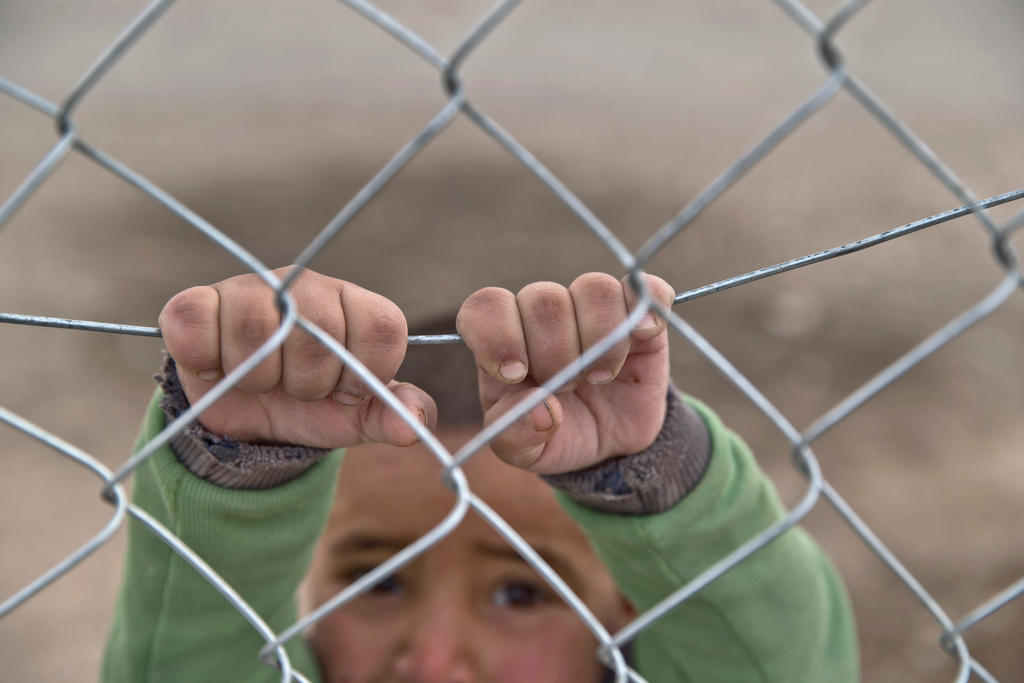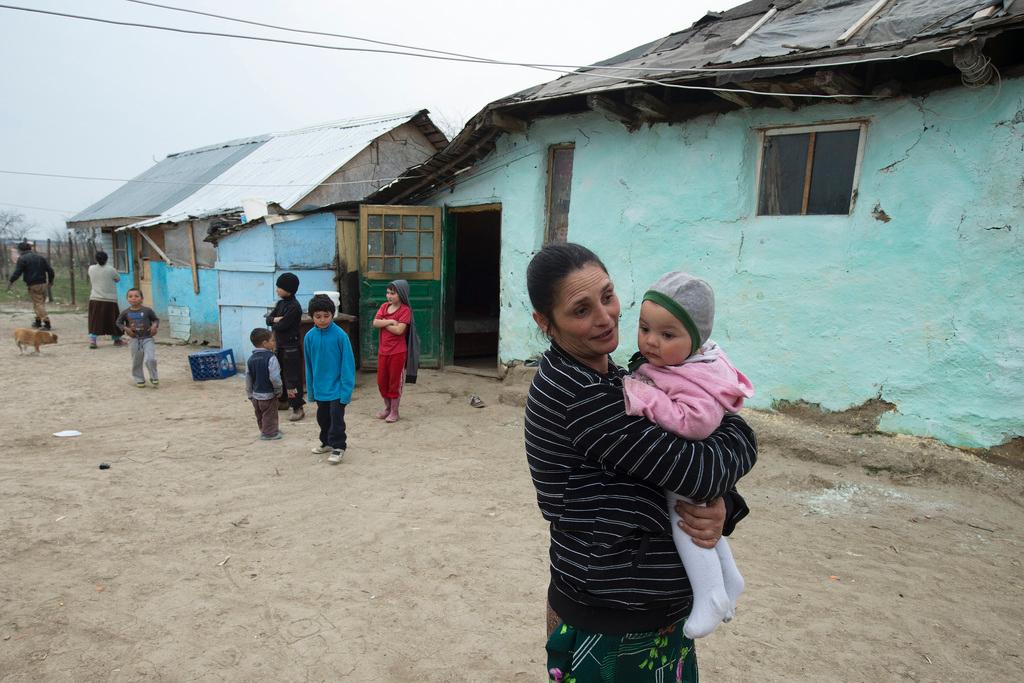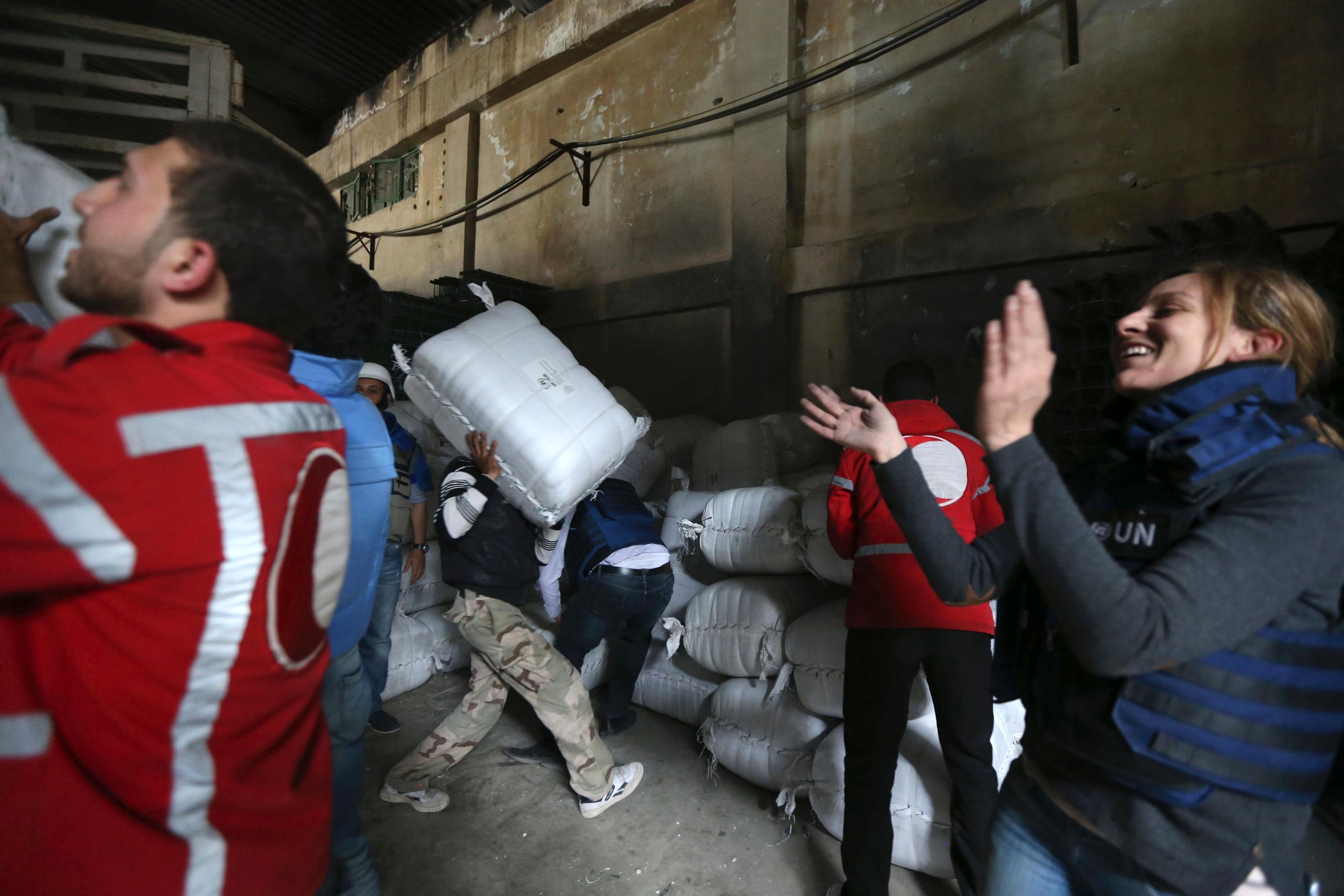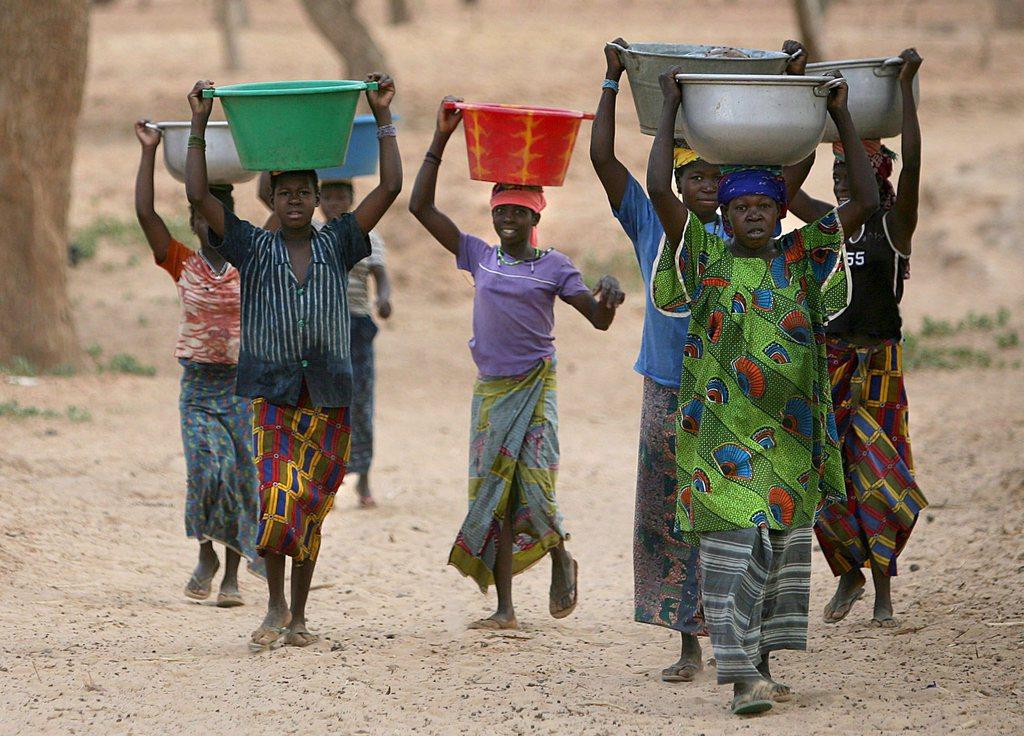NGO blasts Swiss policy on detaining migrant children

The Swiss non-governmental organisation Terre des hommes has criticised Switzerland’s ‘illegal’ and opaque policy of detaining unaccompanied minor refugees. In 2015, it held 142 migrant children.
Terre des hommesExternal link said it found a “clear lack of transparency” when carrying out a study in mid-2015 to assess the situation of migrant children who are placed in detention for immigration status-related reasons.
According to statistics from the 26 cantons, Terre des hommes said at least seven cantons (Fribourg, Ticino, Aargau, Graubünden, Solothurn, Thurgau and Zug) held children for reasons linked to immigration or asylum over a four-year period. Only nine cantons (Appenzell Outer-Rhodes, Basel Country, Basel City, Jura, Neuchâtel, Obwalden, Nidwalden, Schwyz and Vaud) said they have not held children for immigration-related reasons.
But in ten cantons, specific data on detained migrant children was lacking, and three cantons initially refused to hand over information.
“We don’t exactly know where children are detained,” Terre des hommes said in an online statement on Thursday.
The results of their report were presented to Swiss parliamentarians during a seminar on Thursday in Bern.
The State Secretariat for Migration (SEM) says Bern is not responsible for inaction by the cantons. But Terre des hommes argues that this raises questions about the federal authorities’ objective understanding of how children and adults are detained in Switzerland.
Jean Zermatten, the founder and former director of the International Institute for Child Rights and Development, said: “We do not respect our commitments. Even Switzerland forgets its fundamental obligations when dealing with migrant children, as outlined in the United Nations Convention on the Rights of the Child.”
Growing numbers
According to a separate study this week by the United Nations Children’s agency, UNICEF, minors account for a growing percentage of migrants and refugees, particularly those trying to reach Italy by sea from Libya.
The children’s agency says 92% of some 7,600 children who made the dangerous and often deadly crossing between January and May were unaccompanied minors, up from 68% in the same span last year, when 4,566 children crossed.
Most were boys aged 15 to 17, and came from Somalia, Nigeria and Eritrea. UNICEF added that boys and girls have faced prostitution, paedophilia rings and gangsterism, and that it’s unclear why more minors are arriving unaccompanied.
UN human rights chief Zeid Ra’ad Al Hussein has decried a “worrying rise” in detentions of migrants in Greece and Italy and urged authorities to find alternatives to confining children while asylum requests are processed.
Authorities in some countries take up to two years to evaluate a child’s request for asylum, and processes to reunify families can be equally slow, UNICEF said. Once in Europe, migrants and refugees are often housed in sports halls, former military barracks or other temporary shelters, sometimes without access to schooling and psychological support.
Some have also faced xenophobic attacks, hate speech and stigmatisation; UNICEF cited 45 arson attacks on refugee shelters in Germany during the first half of this year.

In compliance with the JTI standards
More: SWI swissinfo.ch certified by the Journalism Trust Initiative



You can find an overview of ongoing debates with our journalists here. Please join us!
If you want to start a conversation about a topic raised in this article or want to report factual errors, email us at english@swissinfo.ch.